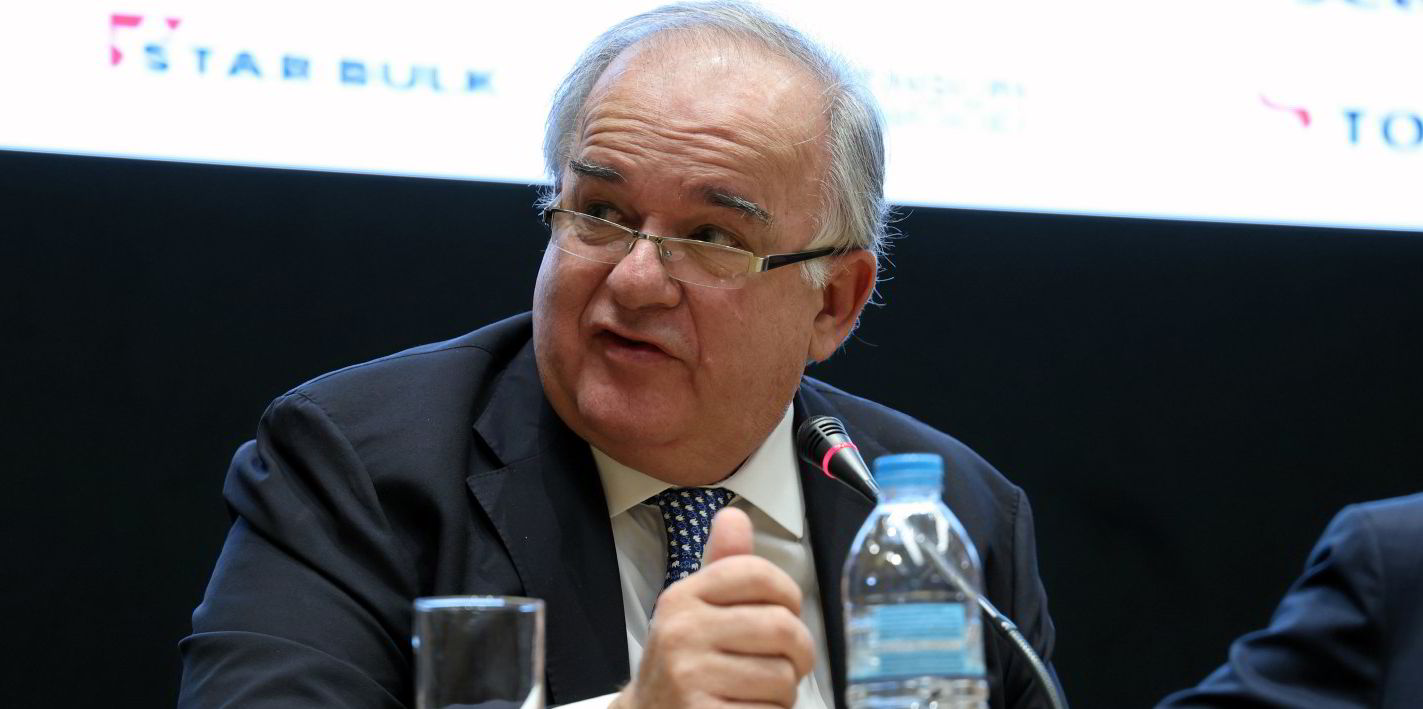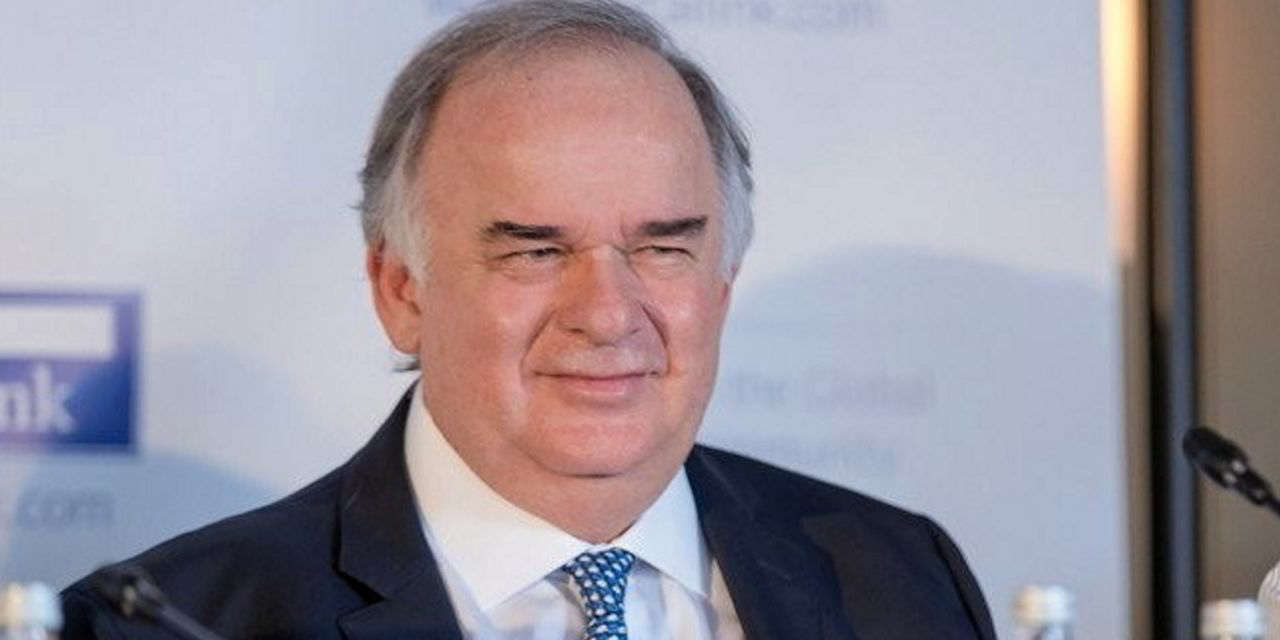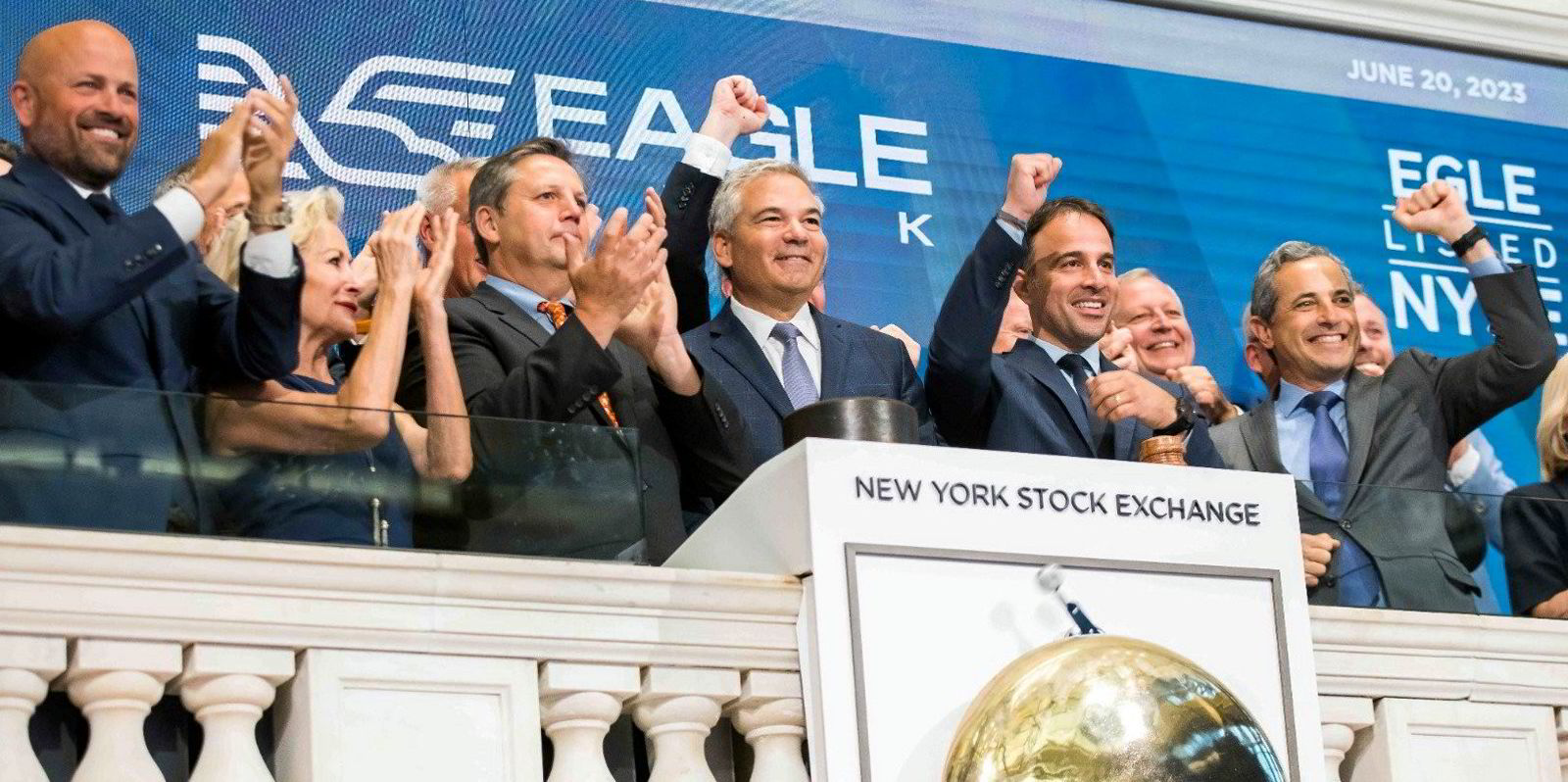Star Bulk Carriers, an owner and operator of 115 scrubber-fitted dry cargo ships on the water, has accelerated the pace of its twin-prong fleet renewal strategy with more disposals and newbuildings.
The fresh batch of newbuildings announced by the US-listed company includes two kamsarmaxes for which the company has exercised options it was known to have, plus a new order for one more ship.
This brings to five the number of ultra-modern, conventionally fuelled, 82,000-dwt bulkers that Star Bulk has under construction at Qingdao Yangfan Shipbuilding.
They will be delivered between September 2025 and July 2026.
Star Bulk is already sitting on existing orders for a further six chartered-in kamsarmaxes and ultramaxes that it will gradually take delivery of throughout 2024.
“We continue to prepare for more stringent environmental regulations by investing in renewing our fleet,” chief executive Petros Pappas said late on Monday amid the release of the company’s fourth-quarter results, which saw profitability decline due to slow freight markets.
Star Bulk’s net income dropped at an annual pace of 54% to $39.7m, which is its weakest reading in nearly three years. Profit for the full year of 2023 dropped by 69% to $173.6m.
Excluding one-off gains, impairment charges related to vessel sale and purchase, and inventory adjustments, the adjusted net income looked more favourable at $63.5m in the fourth quarter — down only 31% compared to the previous year.
The company declared a dividend of $0.45 per share, up from the $0.22 in the third quarter.
Three new sales disclosed to the market
The company also disclosed late on Monday more opportunistic sales of older vessels to renew its fleet.
The company release confirmed earlier reports by TradeWinds about Star Bulk offloading the 61,600-dwt Star Bovarius (built 2015) and 174,100-dwt Big Bang (built 2007).
Three more sales of a supramax and two capesizes announced by the company, however, were new to the market: the 56,500-dwt Star Dorado (built 2013), 177,700-dwt Big Fish (renamed Sea Taurus) and 180,200-dwt Pantagruel (both built 2004), which is among the company’s oldest ships.
Star Bulk did not disclose the sale price but said it expects to collect $112m in aggregate from vessel sales in the first half of 2024.
This adds to $34.5m in net ship disposal gains, which it booked in the second half of 2023.
The new transactions bring to 17 the number of vessels that Star Bulk disposed of in the secondhand market over the past 12 months.
Opportunistic sales are part of a careful, incremental fleet renewal policy under which Pappas orders conventionally fuelled newbuildings as well, before deciding which future, low-carbon fuel and ship design to pick.
Some of the money from vessel sales goes towards paying back part of the debt that the company took on to buy back its own shares from shareholder Oaktree Capital Management.
Towards the end of 2023, Star Bulk bought back $380m-worth of its own shares from Oaktree, reducing the US investment giant’s stake to 7.2%.
Oaktree’s share rose again later, following the conversion of some Star Bulk bonds it held.
Star Bulk used loan facilities with ING Bank and the National Bank of Greece to help finance the buyback.
All the transformations above are taking place as Star Bulk prepares to wrap up its most ambitious consolidation move yet, with the planned takeover of US-listed rival Eagle Bulk Shipping in a $500m share deal that would create a giant player with a fleet of about 170 bulkers.
Eagle Bulk shareholders will meet on 5 April to approve or reject the proposed deal.
“We continue to work towards closing the transaction in the first half of 2024,” Pappas said on Monday.
“We strongly believe in the operational and financial benefits of bringing the two companies together and creating a global leader in dry bulk shipping.”
The Greek executive’s appetite for the deal is whetted by his bullish outlook for the bulker market.
Pappas sees “favourable supply dynamics, geopolitically driven inefficiencies in trade and a recovery of demand supported by large global infrastructure investment needs for the world’s green transition”.
“Star Bulk expects to take advantage of the recent strength in the dry bulk market, having mostly maintained its diverse scrubber-fitted fleet in the spot market, and thus continue to create value for its shareholders,” he added.







